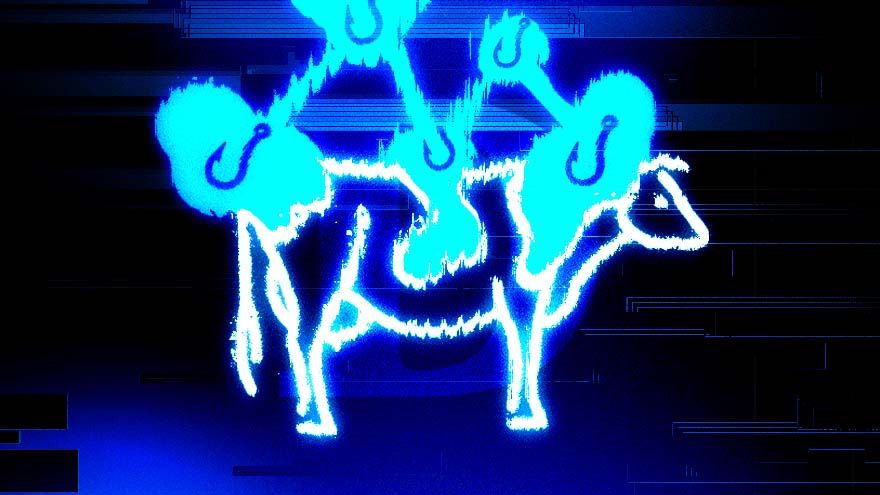
The team behind CowSwap, a decentralized exchange (DEX) aggregator which regularly processes over $1B in monthly trading volume, has launched Hooks — a feature that allows additional transactions to be processed immediately before or after a trade.
Instead of being limited to swapping between assets, sophisticated users can now chain together actions like swapping, bridging and staking, resulting in reduced transaction fees.
Alex Vinas, product marketing manager at CowSwap, gave the example of a wallet which received an airdrop but didn’t have any ETH to pay for gas.
Using Hooks, a user could swap out of an airdropped token, trade enough of it to pay for gas, trade the remainder into another asset, and send that new asset to another address, Vinas said.
He cited another example of putting in a limit order to swap stablecoins into ETH at a given price and then buy a specific NFT.
The concept of “hooks,” or adding new functionality to what were previously simple token swaps, has been gaining traction. CowSwap’s release is fully functional and comes less than a month after leading DEX Uniswap introduced its own concept of hooks.
Improving the Web3 User Experience
Hooks speak towards a more general trend in crypto of enabling more actions to happen with one click. The space has long struggled with clunky user experiences, so abstracting complexity away is part of a broader effort to make it easier to use blockchain technology.
Vinas said that, unlike Uniswap’s offering, CowSwap’s hooks can be more broadly used. This is because CowSwap is an aggregator, which allows its architecture to be built around different transactions, like bridging across blockchains, rather than additional transactions that are inherently linked to a Uniswap pool.
To be sure, CowSwap’s hooks aren’t ready for mainstream users yet. “The first rollout is completely for developers or quite advanced users,” Vinas said.
To execute any additional transactions batched in with a swap, CowSwap is leveraging its network of “solvers,” who, up to now, were solely tasked with finding the best prices for token swaps.
“CowSwap runs auctions, and then whoever provides the best result for these auctions from the Solver competition, gets the right to settle the auction and wins the rewards,” Vinas explained. Solvers will now need to complete additional tasks in order to reap the rewards of a hook-enabled transaction.
Read More: thedefiant.io








 Bitcoin
Bitcoin  Ethereum
Ethereum  Tether
Tether  XRP
XRP  Solana
Solana  USDC
USDC  Dogecoin
Dogecoin  TRON
TRON  Cardano
Cardano  Lido Staked Ether
Lido Staked Ether  Wrapped Bitcoin
Wrapped Bitcoin  Hyperliquid
Hyperliquid  Sui
Sui  Wrapped stETH
Wrapped stETH  Chainlink
Chainlink  Avalanche
Avalanche  Stellar
Stellar  Bitcoin Cash
Bitcoin Cash  Toncoin
Toncoin  LEO Token
LEO Token  Shiba Inu
Shiba Inu  Hedera
Hedera  USDS
USDS  WETH
WETH  Litecoin
Litecoin  Wrapped eETH
Wrapped eETH  Monero
Monero  Polkadot
Polkadot  Binance Bridged USDT (BNB Smart Chain)
Binance Bridged USDT (BNB Smart Chain)  Ethena USDe
Ethena USDe  Bitget Token
Bitget Token  Pepe
Pepe  Pi Network
Pi Network  Coinbase Wrapped BTC
Coinbase Wrapped BTC  WhiteBIT Coin
WhiteBIT Coin  Aave
Aave  Uniswap
Uniswap  Dai
Dai  Bittensor
Bittensor  Ethena Staked USDe
Ethena Staked USDe  Aptos
Aptos  Cronos
Cronos  NEAR Protocol
NEAR Protocol  OKB
OKB  Jito Staked SOL
Jito Staked SOL  BlackRock USD Institutional Digital Liquidity Fund
BlackRock USD Institutional Digital Liquidity Fund  Internet Computer
Internet Computer  Ondo
Ondo  Ethereum Classic
Ethereum Classic